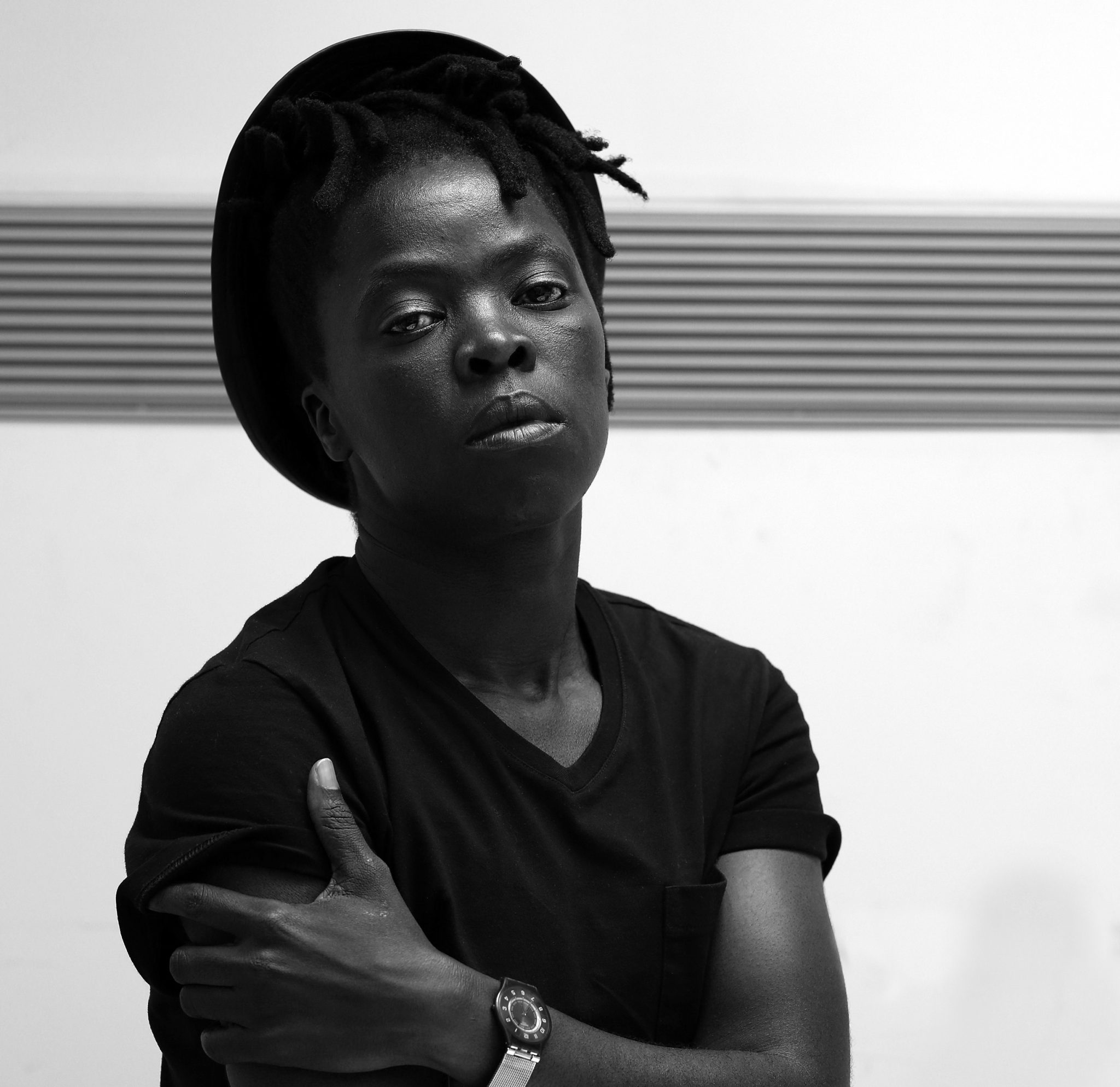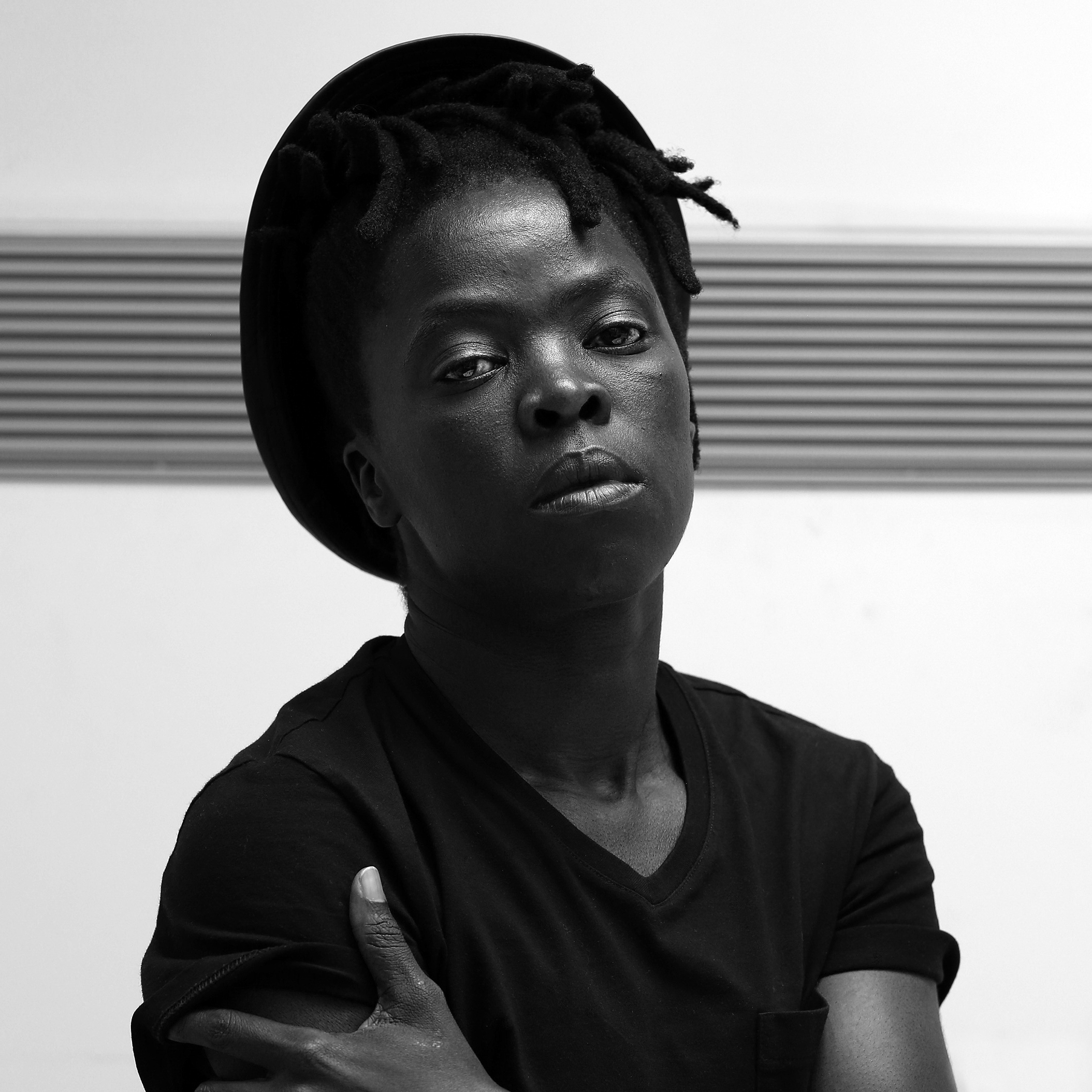‘At the beginning, showing what I did was very risky,’ Muholi told Numéro on the eve of their retrospective at the Maison Européenne de la Photographie. ‘This was at a time where many hate crimes happened in South Africa and people wanted to use queer people’s presence as a scapegoat for their own failures.’ The Paris show was the latest stop of an exhibition that has already travelled to Gropius Bau, Kunstmuseum Luzern and the National Gallery of Iceland (and is heading to Tate Modern next year), showcasing 20 years of photography focused on Black LGBTQIA+ subjects. ‘It has been a very long journey to get to where we are now,’ says the self-styled ‘visual activist’. They opened the Muholi Art Institute in Cape Town last year, offering residencies lasting six months to a year, with a stipend, housing and studio costs covered; the fruits of which were featured in an exhibition at Jonathan Carver Moore gallery in San Francisco in June. In February the institute presented a group exhibition, EMBODYING #HER, spotlighting the work of established and emerging women-identifying and queer artists.
Advertisement
Power 100
Most influential people in 2023 in the contemporary artworld
- 202341
- 202228
- 202154
- 202052
- 201695
- 2015
- 2014
- 2013
- 2012
- 2011
- 2010
- 2009
- 2008

Related articles
Advertisement
Advertisement
